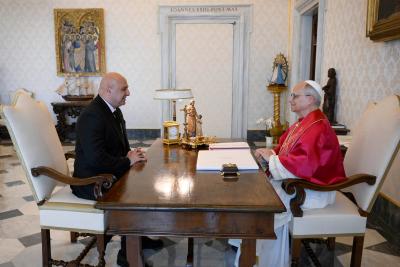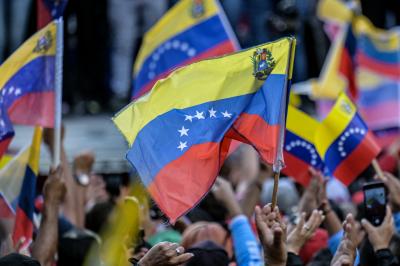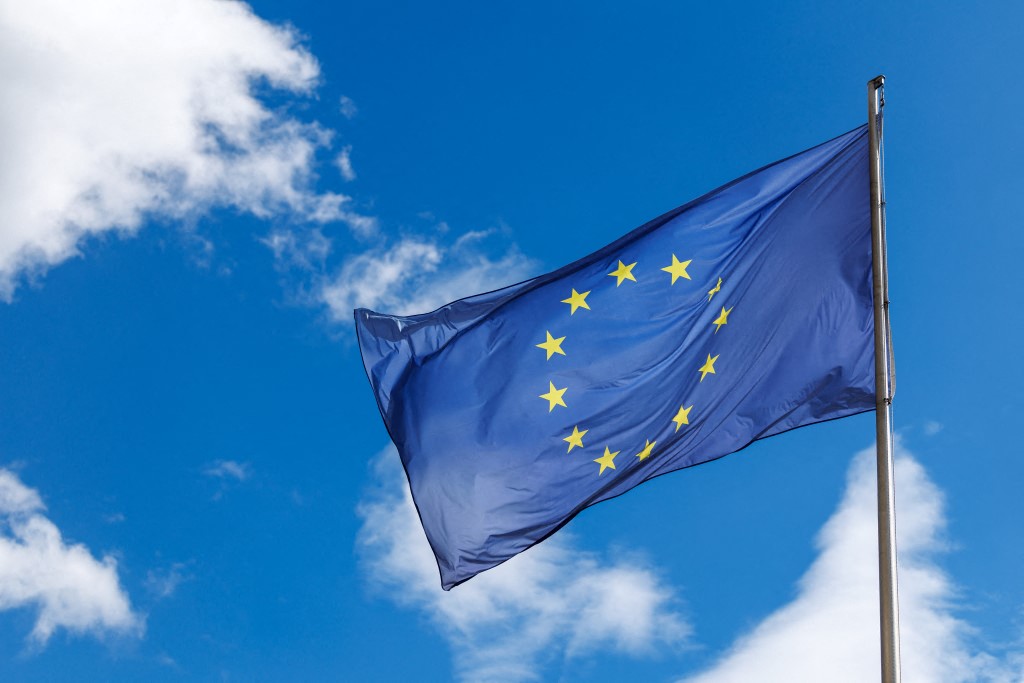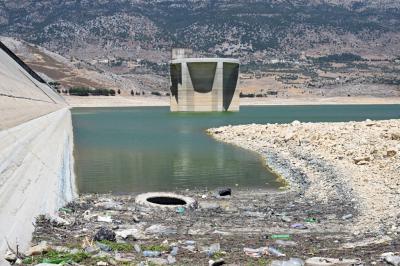The 27-member European Union is gasping for a new breath of life. The Franco-German alliance—long the historic engine of European integration—is faltering. In France, President Emmanuel Macron continues to call for European sovereignty. In Berlin, chancellors come and go, yet Brussels fails to take off again. Diplomatically sidelined, reduced to a mere spectator in the U.S.-China trade war, and struggling to construct a unified defense policy, federal Europe appears to be fading into irrelevance.
Is Europe doomed to surrender more power to its member nations? Or is it undergoing a profound crisis that could lead to its reinvention while staying true to the federalist vision? Brussels seems to drift aimlessly amid mounting obstacles. Global power dynamics, shaken and reshaped by Donald Trump, are rapidly being redrawn. Europe, entangled in its stifling bureaucracy, lacks the strong cards it needs to adapt—at a time when the global order is shifting faster than at any point since the end of World War II.
The Union’s 27 countries each pursue their fiscal paths. On the matter of uncontrolled migration, the Schengen Area appears overwhelmed and ineffective. Without tax or social harmonization, the single market is structurally doomed. The European Central Bank clings to its sole refrain: the fight against inflation. Even the euro—once a proud reserve currency—is now within striking distance of cryptocurrencies, which Trump has come to understand and anticipate.
Europe is sick and stalled. Meanwhile, an increasingly dangerous world is pushing it to the margins, as the shocks of a multipolar era grow more violent. The Global South, led by the BRICS bloc, is forcing Europe to draw nearer. Unless, of course, Europe doubles down on an even more Atlanticist strategy, with the obvious risk of its influence being further diluted by Washington.
A dead end—or a new path? Europe must act, even by the force of despair.
Please post your comments on:
[email protected]
 Politics
Politics













